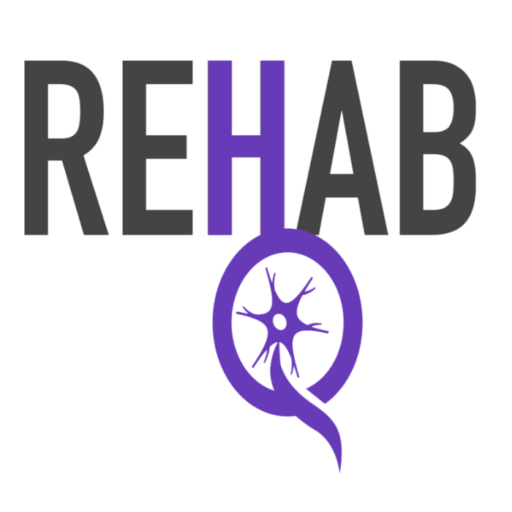Are “miracles” unjustly crucified?
Defining “Miracles”
“Miracle” versus Placebo
A placebo is a treatment that has no therapeutic value. Placebo’s are used in research studies to eliminate the placebo effect. The placebo effect is defined as a phenomena where some people have a positive health outcome as a result of the anticipation that a specific treatment will help. In a research study, the placebo effect might mean that some people responded favorably to a medication solely on the basis of the placebo effect and NOT because the treatment was effective. That being said, scientists will often include a placebo group in their study design. This group of test subjects receives a medication that has no therapeutic value. (Ie: a sugar pill, saline….etc). If a large percentage of the subjects in the placebo group have a net benefit from the treatment (despite receiving a treatment that has no therapeutic value), This would weaken the study results.
So, does this mean the Placebo effect is the equivalent of a “miracle”?
Can YOU Be A Placebo?
Final thoughts
More articles you may be interested in:
Stages of Motor Learning Post Stroke
Why Everything Feels So Hard (and What That Actually Means for Your Recovery) If you have ever said: “Why is this so hard?” “I could do this yesterday—why not today?” “Why can’t I remember how to move?” You are not alone. If you’ve had a stroke and you're in rehab,...
Blocked, Random, or Distributed? How to Choose the Right Practice Schedule in Stroke Recovery
Blocked, Random, or Distributed? How to Choose the Right Practice Schedule in Stroke Recovery Let’s talk about one of the most overlooked pieces of stroke recovery: How you practice. Not what…Not how long…But how the practice is structured. Because believe it or not,...
Gravity Matters: How to Use It (or Remove It) in Stroke Recovery
Gravity Matters: How to Use It (or Remove It) in Stroke Recovery When I say "use gravity to your advantage"… what I really mean is: be strategic. One of the biggest mistakes I see in rehab (especially home programs) is doing exercises that are technically correct—but...
Use Synergy Patterns Sparingly (and Here’s Why That Matters)
Let’s talk about something that shows up in nearly every stroke recovery journey: synergy patterns. You might not know them by name. But if you’ve ever noticed your arm “wants” to move in one big sweeping motion (instead of just lifting your hand)… or if your leg...
Best Arm Rehab Post Stroke
Discover how new research is changing what’s possible for stroke survivors with little to no arm movement. https://youtu.be/Bw-rd1Fx02cWhat if I told you that even if you can’t move your arm after a stroke, there are still powerful ways to promote recovery—and...
Stroke Recovery Essentials: 4 Non Negotiables For Brain Healing
We talk a lot about exercises in stroke recovery. But here’s the truth: recovery doesn’t start with movement—it starts with oxygen. When a stroke cuts off blood flow, your brain enters a chemical storm. Inflammation surges. Oxidative stress damages neurons. The...
3 Big Balance Mistakes After Stroke—and How to Fix Them
Have you ever felt like your balance is fine at home… but the moment you step outside, it’s a totally different story? You’re not alone—and there’s a good reason for that. I talk to a lot of people who say, “I feel pretty confident walking around my house, but the...
Neuroplasticity and Recovery: How Life’s Loops Shape Growth and Transformation
"The adventure of life is to learn. The purpose of life is to grow. The nature of life is to change." — Unknown “Why run that far when you have a perfectly reliable car?” Back in my marathon days, this rhetorical question was something I heard more times than I can...
The Secret to Stroke Recovery Success
"The secret to winning is learning how to lose. That is, learning to bounce back from failure and disappointment—undeterred—and continuing to steadily march toward your potential. Your response to failure determines your capacity for success." -James Clear, author of...
How to Fix Knee Buckling Post Stroke
Why Your Knee Buckles—and How to Regain Control Say Goodbye to Knee Giving Way and Hello to Confident Walking https://youtu.be/wNZxiTXTz7QWhat Is Knee Buckling? Knee buckling refers to a sudden, unexpected loss of stability in the knee joint, often described as the...














